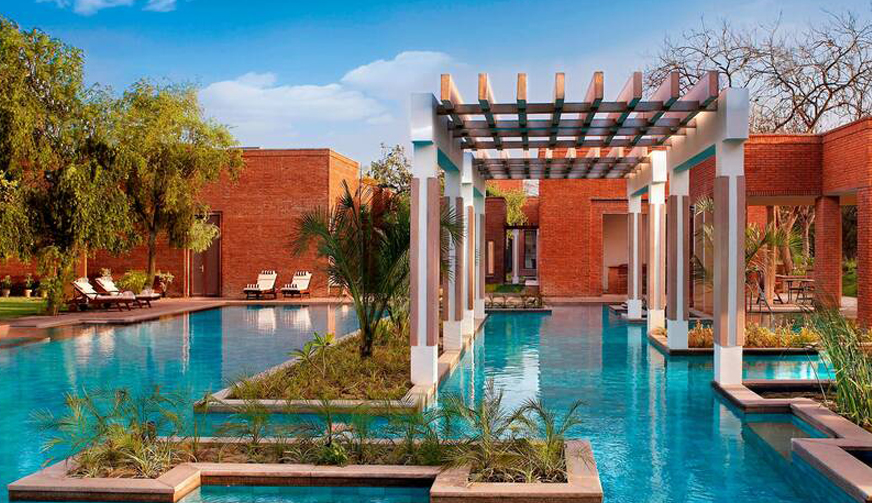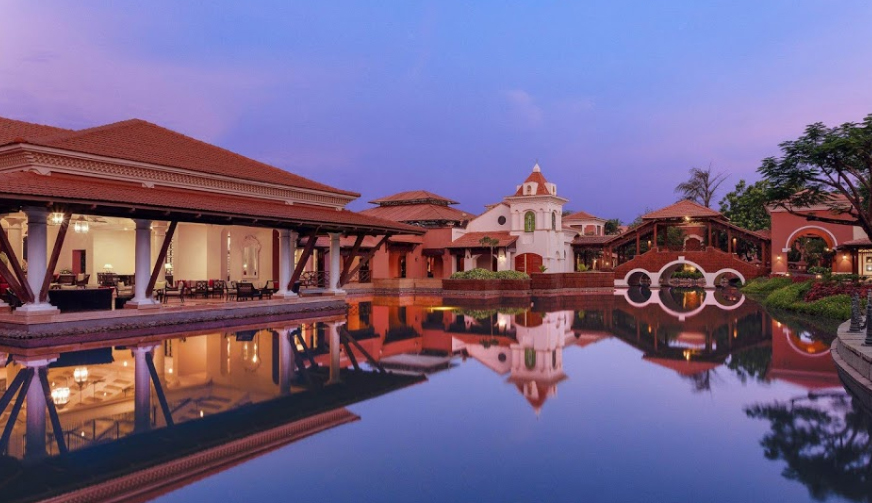In an extensive report, published across newspapers, while commenting on the diversified conglomerate ITC’s progress report card, its chairman Sanjiv Puri has told at a media interaction that the company will examine an “alternative structure” for its hotels business.
He is reported to have said that the company is considering focus on an asset-right strategy and will look at some alternative structuring vehicles for value creation. This would be in line with present trends in the industry, aligning market opportunities with internal capabilities. He is reported to have said that nothing is cast in stone, and the company will examine the best ways to unlock maximum value for its stockholders.
It must be mentioned here that ITC has easily been the single largest investor in hospitality in the last many years. Big ticket hotels, virtually temples to Indian hospitality and tourism, have come up in Chennai, Bengaluru, Kolkatta and Hyderabad. It started over 40 years ago, with building hotels in Chennai, Agra and in New Delhi, hotels that remain iconic even till today. Recently, the company bought out the tony Goa property outright, the Park Hyatt, re-naming it ITC One.

While building hotels, the company has also invested heavily into research and some of the country’s best practices; all its hotels are Leed certified, adhering to the highest levels of energy saving, and environment friendly norms. It has created some iconic brands including Bukhara and Dum Pukht, among others. The Mughal in Agra was built 40 years ago and remains the unparalleled hotel in the city, even today.
ITC stocks have been under pressure in recent times and remain considerably under-performing, given its strategic assets. Hotels and tourism have been one big area where the company has been spending, but without adequate returns on the spends. While this pressure on hotels to provide more returns has been around for some time, it is logical to presume that the last six months have been like the proverbial nail in the coffin. The Corona pandemic has brought the entire industry to a standstill.

‘Unlocking Value’ could be a term for sale and possible buy-back, a model that has been most successfully executed by the airline industry, most notably Indigo. Where the new buyer becomes the asset owner, and the hotels continue to run under the existing brand name and team. Such a buyer could be a third party, or an extension of the existing company participating in a joint venture.
“Cast in stone’ could mean the company need not remain an investor in the hotel industry. The company would review its commitments in the light of their profitability.
It may be mentioned here that only a year ago, Leela Hotels were bought outright by Brookfield for around Rs. 4,000 crores. ITC has a vast repertoire of owned hotels, across the country, and would be worth a few times more.
The asset-light strategy is the ‘in’ thing in the industry. The world’s largest hotel operator, Marriott Hotels, owns only a few marquee properties, as the bulk are owned by individual and strategic investors. Closer home, the newer brands that are growing are mostly management contracts, as this is the new growth route. No more do you need to own hotels; running them and ownership are two different objectives.
As the chairman has said, the matter is under consideration, this could be a big development for India’s hospitality industry. Would this usher new alignments in ownership, or management, or both, it is anybody’s guess?